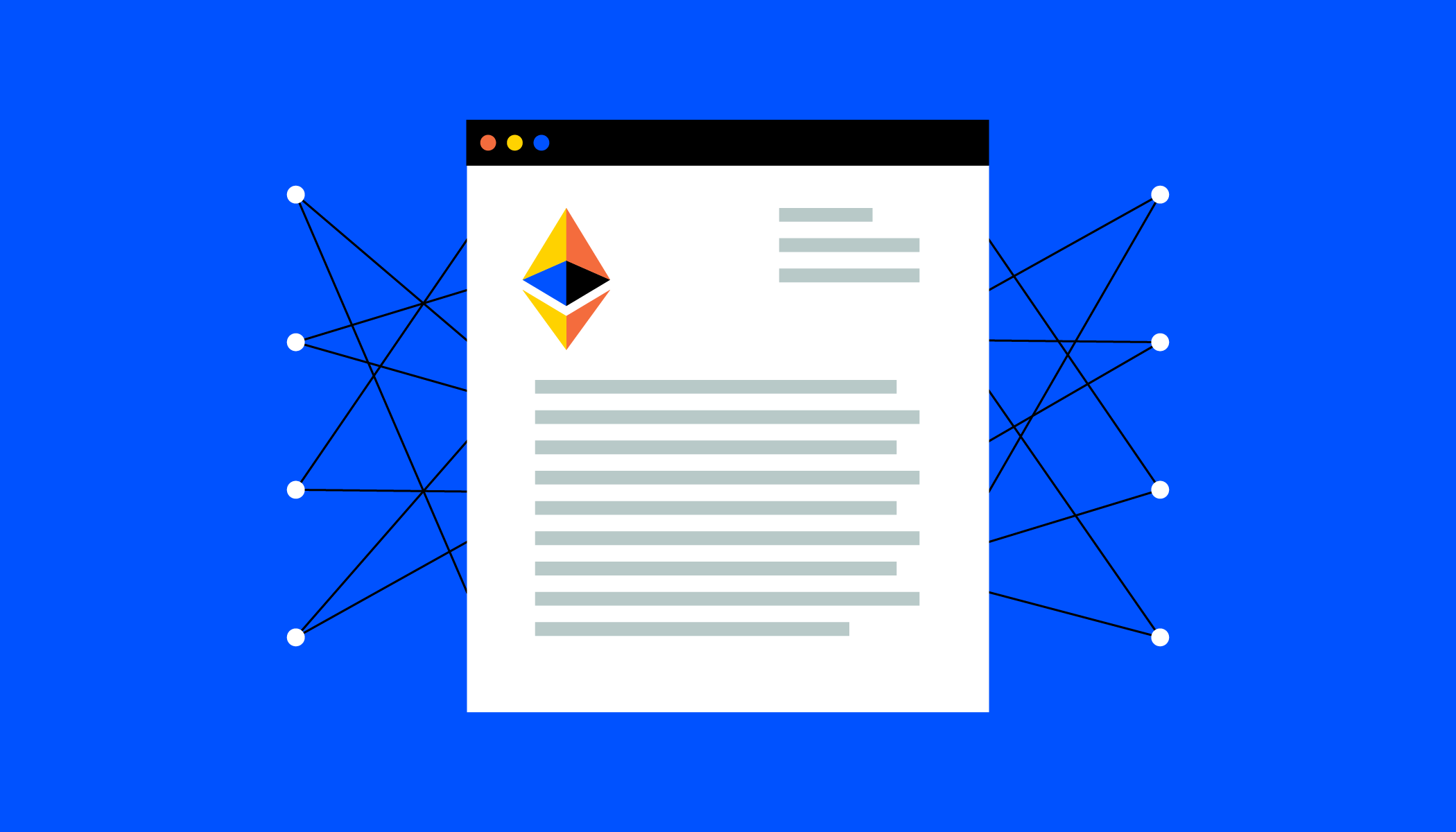
Demystifying Smart Contracts: A Technological Revolution
Welcome to the realm of smart contracts, where technology meets the world of transactions, transforming the way agreements are executed. In this article, we unravel the intricacies of smart contracts, exploring their functionality, benefits, and the impact they wield in the digital landscape.
1. The Core of Smart Contracts: Understanding the Basics
At the heart of the digital revolution in transactions lies the concept of smart contracts. These are self-executing contracts with the terms of the agreement directly written into code. Removing the need for intermediaries, smart contracts automate the execution and enforcement of agreements, fostering efficiency and transparency in a myriad of industries.
Curious to explore more about the transformative world of smart contracts? Dive into the technological evolution reshaping transactions.
2. Blockchain Technology: The Foundation of Smart Contracts
Smart contracts find their home on the blockchain, the distributed ledger technology that underpins cryptocurrencies like Bitcoin. Utilizing blockchain’s decentralized and tamper-resistant nature, smart contracts ensure that agreements are executed transparently and securely. This technology not only facilitates trust but also minimizes the risk of fraud and manipulation.
3. Decoding Smart Contract Functionality
Understanding how smart contracts function is key to grasping their significance. When predefined conditions coded into a smart contract are met, it automatically executes the agreed-upon actions. Whether it’s releasing funds, transferring ownership, or triggering specific events, smart contracts operate with precision, removing the need for manual intervention.
4. Eliminating Intermediaries: Efficiency Unleashed
One of the groundbreaking aspects of smart contracts is their ability to eliminate intermediaries. Traditionally, executing agreements involved multiple parties and intermediaries like banks, lawyers, or notaries. Smart contracts streamline this process, reducing costs, minimizing delays, and enhancing the overall efficiency of transactions.
5. Transparency and Immutability: Trust in the Digital Realm
Transparency and immutability are inherent features of smart contracts. Every transaction and agreement executed through a smart contract is recorded on the blockchain, creating an unalterable and transparent ledger. This not only builds trust among parties involved but also provides an auditable and traceable history of transactions.
6. Diverse Applications Across Industries
The versatility of smart contracts extends across various industries. From finance and real estate to supply chain management and healthcare, smart contracts find applications wherever there’s a need for secure, automated, and transparent transactions. The adaptability of smart contracts positions them as a transformative force in diverse sectors.
7. Challenges on the Horizon: Legal and Ethical Considerations
While smart contracts offer numerous benefits, they are not without challenges. Legal and ethical considerations surrounding the enforceability of code as law and the potential for unintended consequences raise important questions. Navigating these challenges is crucial for the widespread adoption and acceptance of smart contracts in the legal landscape.
8. Integration with Traditional Contracts: Bridging the Gap
The coexistence of smart contracts with traditional legal contracts is a transitional phase. As the legal framework catches up with technological advancements, finding ways to integrate smart contracts with traditional contracts becomes imperative. This ensures a smooth transition and wider acceptance in industries with established legal norms.
9. Future Innovations: Beyond the Horizon
The evolution of smart contracts is an ongoing journey. Future innovations may bring enhancements like self-amending contracts, enabling agreements to adapt to changing circumstances automatically. Additionally, advancements in oracles – mechanisms connecting smart contracts with real-world data – open avenues for even more complex and dynamic functionalities.
10. Embracing the Future: A Digital Paradigm Shift
In conclusion, smart contracts represent a paradigm shift in how we conceptualize and execute agreements. From enhancing efficiency and reducing costs to fostering transparency and trust, smart contracts are at the forefront of a digital transformation. As industries continue to embrace this technology, the impact of smart contracts on the future of transactions is bound to be profound.
This article provides a comprehensive exploration of smart contracts, unraveling their technological essence and their transformative impact on transactions. Discover more about the world of smart contracts and the evolving landscape of digital agreements.